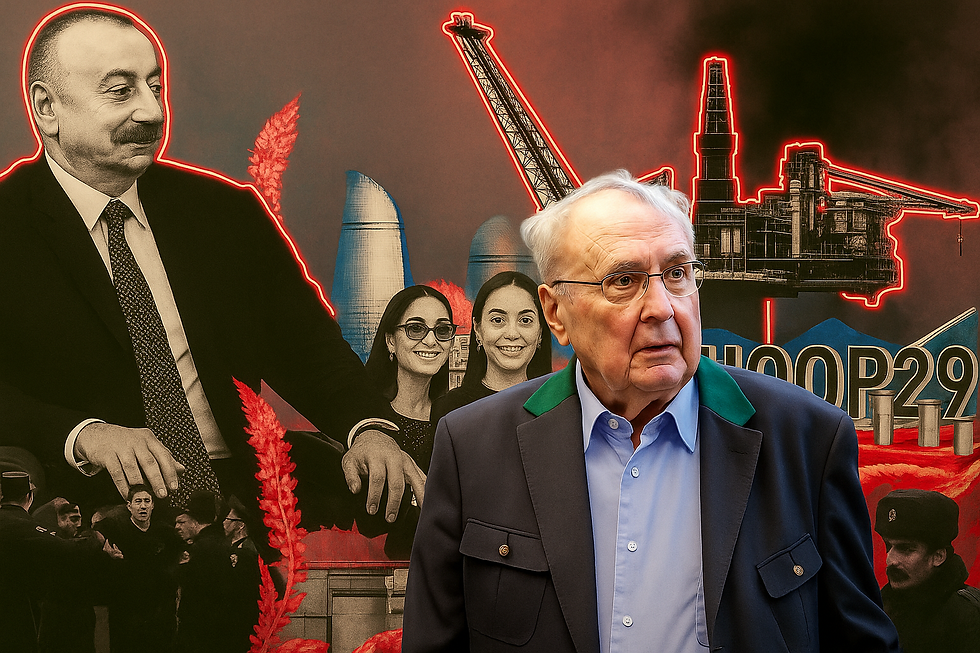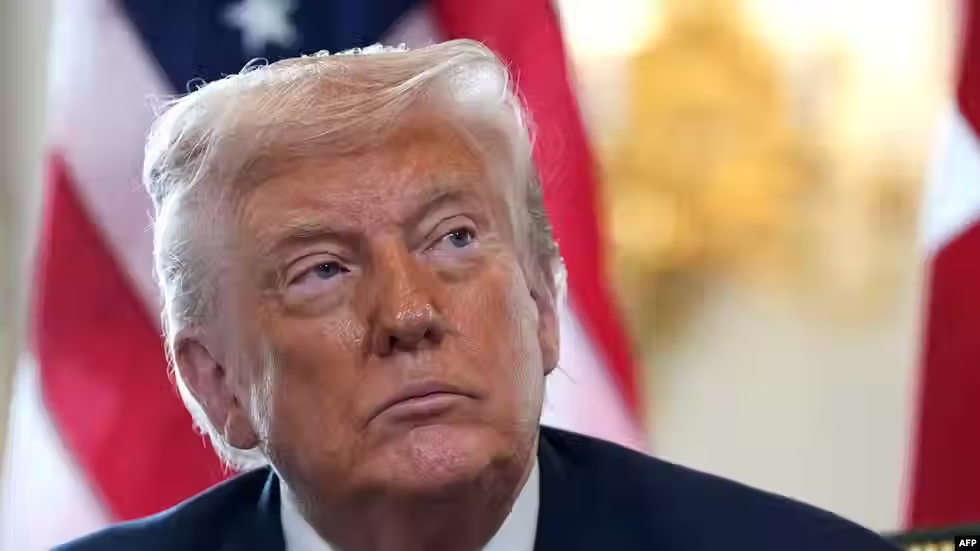International Pressure Mounts as G7 Nations Threaten to Recognize Palestine
- Obyektiv Media
- Aug 2, 2025
- 4 min read

International pressure is intensifying on Israel as multiple G7 countries, including the UK, Canada, and France, announce plans to recognize a Palestinian state in September. These diplomatic moves come amid growing global outrage over the humanitarian crisis in Gaza and are being met with fierce condemnation from both Israel and the United States, which view the actions as a reward for terrorism.
The current diplomatic flurry takes place against the backdrop of the ongoing conflict that began on October 7, 2023, when Hamas attacked southern Israel, killing approximately 1,200 people and taking over 250 hostages. In response, Israel launched a military operation in Gaza that has, according to the health ministry in the Hamas-controlled territory, resulted in over 60,000 deaths, including a reported 154 people who have died from starvation. The widespread destruction and restriction of humanitarian aid have led to increased international criticism and even prompted the International Criminal Court to issue arrest warrants for several Hamas commanders and Israeli Prime Minister Benjamin Netanyahu.
In a significant diplomatic shift, several major Western nations are now actively considering or threatening to recognize a Palestinian state.
On July 29, UK Prime Minister Keir Starmer made a conditional announcement, stating that Britain would recognize a Palestinian state in September unless Israel takes "concrete steps" to end the "terrible situation in Gaza." Starmer specified that these steps must include agreeing to a ceasefire, committing to a long-term, sustainable peace that ensures a two-state solution, and allowing the UN to resume aid deliveries. His announcement, made during a press briefing, followed a joint appearance with US President Donald Trump in Scotland where Starmer noted the British public was "horrified by the images of starving people in Gaza."
Unlike the UK, French President Emmanuel Macron announced his intention to recognize a Palestinian state in September without setting any specific conditions for Israel to avoid the decision.
Following suit, Canadian Prime Minister Mark Carney stated on July 30 that his country also plans to recognize a Palestinian state at the upcoming UN meeting. He highlighted the "intolerable" level of human suffering in Gaza and said that the realities on the ground meant "the prospect of a Palestinian state is melting away before our eyes." Carney's decision is also based on assurances from the Palestinian Authority that it is undertaking governance reforms and is ready to hold general elections in 2026, which would exclude Hamas.
The announcements from the G7 nations were immediately met with strong criticism.
Israeli Prime Minister Benjamin Netanyahu condemned Starmer's statement as "a reward for the savage terrorism of Hamas" and warned that a "jihadist state on Israel's border today will threaten Britain tomorrow." He added, "The policy of appeasement towards jihadist terrorists always fails."
US President Donald Trump echoed this sentiment, stating that recognizing Palestine "would be rewarding Hamas" and adding, "I don't think they should be rewarded." This position was further emphasized by US State Department spokesperson Tammy Bruce, who called Starmer's plan "a slap in the face to the victims of October 7."
The G7’s diplomatic actions are part of a wider wave of pressure building in Europe.
On July 31, German Foreign Minister Johann Wadephul noted that Israel is increasingly finding itself in a minority position on the international stage, with "more and more countries, including European states, ready to recognize a Palestinian state even without an initial negotiation process."
Sweden and the Netherlands are pushing for more direct economic pressure. Swedish Prime Minister Ulf Kristersson called for the European Union to suspend the trade portion of its association agreement with Israel, stating that Israel is not fulfilling its humanitarian obligations in Gaza. Similarly, on July 30, Dutch Foreign Minister Caspar Veldkamp told his parliament that his country would advocate for a suspension of trade if Israel does not comply with international humanitarian law.
The international response to the conflict is also manifesting in unique ways. In Chechnya, authorities have suspended private charitable fundraising for Palestine, citing a lack of transparency and a risk that funds could fall into the hands of "banned organizations." The announcement was made by Chechnya's Minister for National Policy, External Relations, Press and Information, Akhmed Dudaev, on July 30.
According to Dudaev, all aid must now be channeled through the official Akhmat Kadyrov Foundation, which he said has already sent ₽600 million ($7.5 million) to those in need. However, human rights organizations and independent media outlets have noted that this foundation is under sanctions from both the US and EU and is known for receiving "donations" from state employees under threat of dismissal.
This move comes as Chechen leader Ramzan Kadyrov has been a vocal supporter of the Palestinian side since the conflict began. Dudaev also announced in late 2024 that a Palestinian National-Cultural Autonomy was created in Chechnya, where 209 Palestinian refugees currently live. Analysts believe this initiative is an effort to both demonstrate support for Palestine and resolve the refugee issue.
The converging diplomatic announcements, coupled with growing calls for economic sanctions and the ongoing humanitarian crisis in Gaza, indicate a new level of international pressure on Israel. While the US stands firm in its support, the unified stance of other G7 and European nations could signal a new phase of international isolation for Israel, with global powers now willing to take more assertive and potentially irreversible steps toward a two-state solution.



Comments